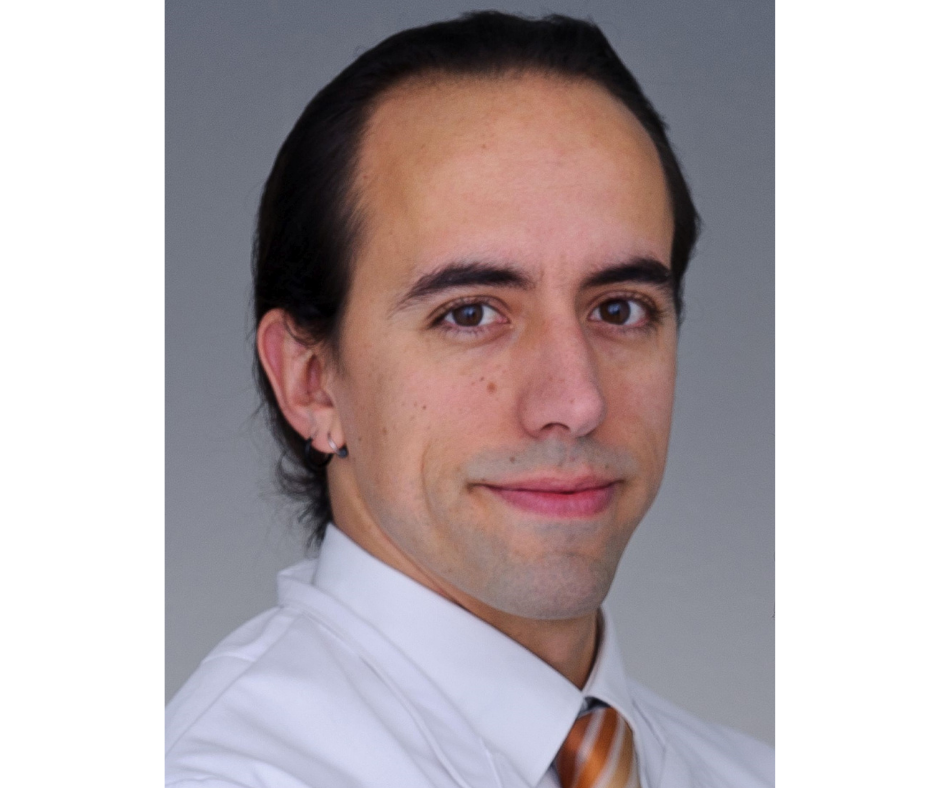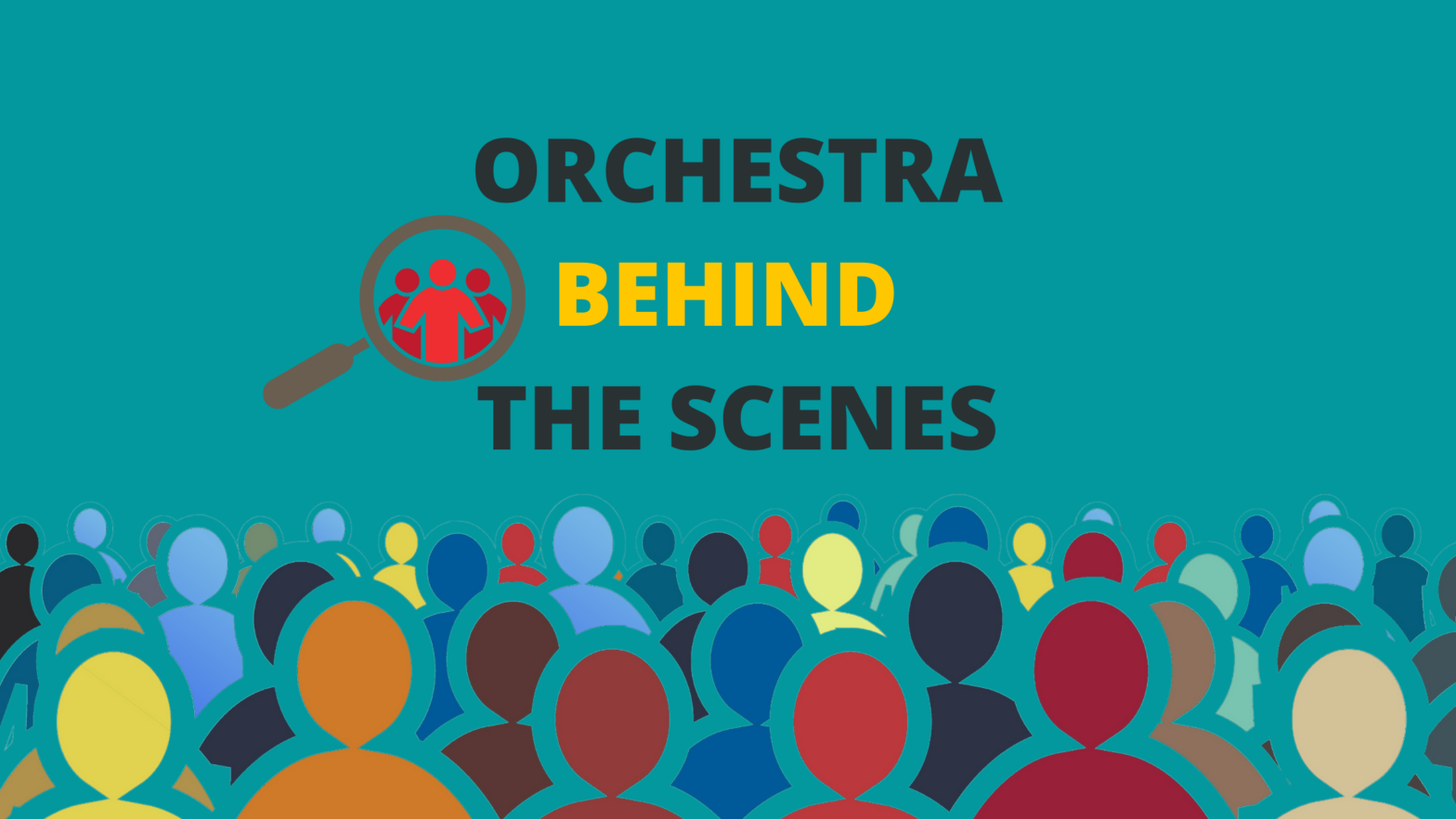What is cohort research and what makes it valuable? ORCHESTRA – cohort research in the spirit of collaboration
Cohort research plays an important role in the international efforts of COVID-19 research and it is the core of ORCHESTRA’s network. – But what exactly is cohort research about? This interview with Prof. Janne Vehreschild provides an overview of meaning, chances and challenges of cohort research in general and of ORCHESTRA in particular. Janne Vehreschild has the lead of ORCHESTRA partner University Hospital of Cologne (UHC), and brings in extensive experience in the field of cohort research in different medical disciplines.

Cohort research is not an occupation that belongs to common knowledge for most people. If you tell friends about your job who are not from the same background – how would you explain and break down what cohort research is about?
Janne Vehreschild: Yes, I agree. If people talk about cohorts, they sometimes think of Asterix cartoons, and Roman cohorts. If we look at the word in its more abstract meaning, we find that a cohort is a defined larger group of people, which is subdivided by certain characteristics into smaller groups. This is true for medical cohorts, as well. We look at a certain group of people with certain characteristics. In ORCHESTRA, the research is all about COVID-19, our cohorts therefore include different groups of COVID-19 patients, but also asymptomatic people with positive SARS-CoV-2 test and healthy people for reference. In order to understand the disease, we have to research it from different angles to get a full clinical picture. This is where the different cohorts and subgroups of COVID-19 infected patients come in. We have the healthcare workers, the fragile population (pregnant women, patients with other pre-existing illnesses etc.), the general population etc., and we investigate how the patients of these different groups respond individually to the disease and different treatments. Every single patient delivers a piece of the puzzle and possibly delivers a detail that could be the answer to an important question. The ensemble of patients finally allows us to get a clear image – the larger the group, the clearer the evidence. This is certainly one of the great strengths of ORCHESTRA: large-scale cohorts
If you could summarise it in one sentence?
Janne Vehreschild: The basic idea of cohort research is: You follow a group of people for a certain time to collect data that you can analyse to gain an insight into the mechanisms of certain diseases.
This reminds me a little bit of the work of criminal investigators. You take what you know, define questions and the answers are the steps on the way to solving a case. What do you think?
Well, primarily cohort research is about finding scientific answers to research questions. But, yes, in some regard there might be similarities. It is true that the quality of answers is directly related to the quality of questions. This means that as scientists we have to make sure that we write a very good, pretty much perfect protocol from the start on. Since patient observation has to start at some point, we need to avoid mistakes in the protocol that we would have to fix later on. Such mistakes would mean that patients included later, after already having amended the protocol, would be followed in a different manner than patients, who joined the study early on – and this would make scientific evaluation difficult.
What does this mean for ORCHESTRA, with all these different countries and partners involved?
In ORCHESTRA we have different cohorts from different countries, which means that we have to find a common language for our data, common data standards in order to be able to compare the data. This process is often called harmonization, which I find very fitting for ORCHESTRA. This by itself is a challenge because many of the cohorts already existed before participating in ORCHESTRA using their own data protocols. Then, of course, we have different requirements in different countries, concerning votes from institutional review boards, and ethics committees at many different regulatory sides. There are a lot of people involved who review the protocols and the consent forms that are provided to the patient.
Work Package 7 – responsible for data management deals with this particular challenge – our colleagues describe it in more detail in their interviews. Data management is a huge part of cohort research.
A cohort study is conducted over a certain period of time, which is one of the reasons why it is so valuable to scientists. It shows the course, the development of a disease. What is your experience: Do patients in general stay motivated to participate in a study until the end or is it an additional challenge to keep them motivated?
Janne Vehreschild: Yes, right, it is extremely important to keep everyone motivated – it is the period of time that really maps the course of the disease. This is particularly true for SARS-CoV-2 with its different variants, which have a significant influence on the course of the disease. Patients usually participate in a study because they are aware that they can turn their disease into a benefit for other patients when they take part. This is why everyone is usually motivated in the beginning. But over a longer period of time this motivation can fade – in particular once patients have fully recovered.
What is the greatest advantage of cohort research? What makes it so important?
Janne Vehreschild: Well-made cohort research gives plain answers and draws a clean picture of the disease. We can recognise patterns and the statistical appearance of these patterns, which gives us clues about risk factors and beneficial factors. We can – for example – see different immune responses in different age groups. This is not because ten patients were examined but because thousands of patients were examined. This leaves little room for coincidence. We still have to stay critical and open-minded about results in order to not prematurely draw conclusions that confirm our hypotheses – but this is true for any type of research. Cohort research is like putting together a big jigsaw puzzle and right now is the time to grasp as many little pieces as we can to get the most accurate picture for finding the best medical treatments and the best recommendation on how people can protect their health.
This huge European cohort is something really special, isn’t it? What is new about ORCHESTRA?
Janne Vehreschild: These large numbers of participating patients are extraordinary, indeed. It is a great opportunity. The spirit of collaboration is truly special in ORCHESTRA. All the different cohorts from so many countries for which people have worked so hard and undertaken such great efforts regarding resources, funding, involvement of researchers and patients to finally find valuable results – and yet they are willing to share their data on a global level before even having exploited the data fully themselves. This is really, really extraordinary, everyone coming together to share their data, their insights and their expertise for the common cause to improve the understanding and outcome of COVID-19 for our patients.
Is there any disadvantage for a patient in taking part in a cohort study?
Janne Vehreschild: No, I really cannot see any, except for taking the extra time and effort for the study measures. If you take part in a cohort study, you contribute to the health of others in the same way as people do who donate blood to blood banks or other instances where you can do something for the health of others. This is, I think, what we always have to keep in mind. Patients and study teams are working together in the favour of a common good: health care.
And what about privacy risks?
Janne Vehreschild: When it comes to privacy risks, in theory, I understand this concern and I can say it is something that is taken very seriously. In ORCHESTRA in particular, everything that we do is according to the General Data Protection Regulation (GDPR) and closely watched and followed by lawyers and legal departments. I trust the data management in ORCHESTRA does an outstanding job to protect the privacy of all patients involved. And of course, we do not store any information, that is directly identifying. All patient data is pseudonymised so we are not recording names or insurance numbers, but rather encode the information that is then used for analysis.
There are a lot of scientists right now who actually work overtime to research COVID-19 and they must be very motivated to do so. This is true for many colleagues in ORCHESTRA and I would say that you are one of them. What keeps you motivated to really put in so much work and effort into the research of COVID-19?
Janne Vehreschild: What really interests me in COVID-19 is that it is a very complex disease. It can affect almost every organ and has a very heterogeneous clinical picture. Of course, the most known and most prevalent clinical picture is that one of pneumonia with respiratory insufficiency and all that. But, for example, there are also neurological consequences. We see infections of the heart, the gastrointestinal tract, the kidneys and many other organs. Then there is there are Post- and Long COVID syndromes, which appear more in patients who were more severely ill. But we also see Long COVID in people who had no pre-existing medical conditions, who were young, fit healthy and suddenly felt ill after the COVID infection and developed a new syndrome. COVID-19 research is extremely diverse and it is a true challenge. For this complexity, we have to work hard to avoid mistakes – as there are so many different factors coming together. So, from a scientific point-of-view this is extremely interesting
Thank you very much for the interview!
Prof. Dr. med. Janne Vehreschild has the lead of ORCHESTRA partner UHC, speaker of the German National Pandemic Cohort Network (NAPKON) and Principle Investigator of “Lean European Survey of SARS-CoV-2 infected patients” (LEOSS ). He has engineered and supported more than 150 cohorts, registries and infections while teaching at UHC and being involved as a specialist in haematology, oncology and infectious diseases at the University Hospital of Frankfurt.
Interview by Marlene Nunnendorf, ORCHESTRA Communication
